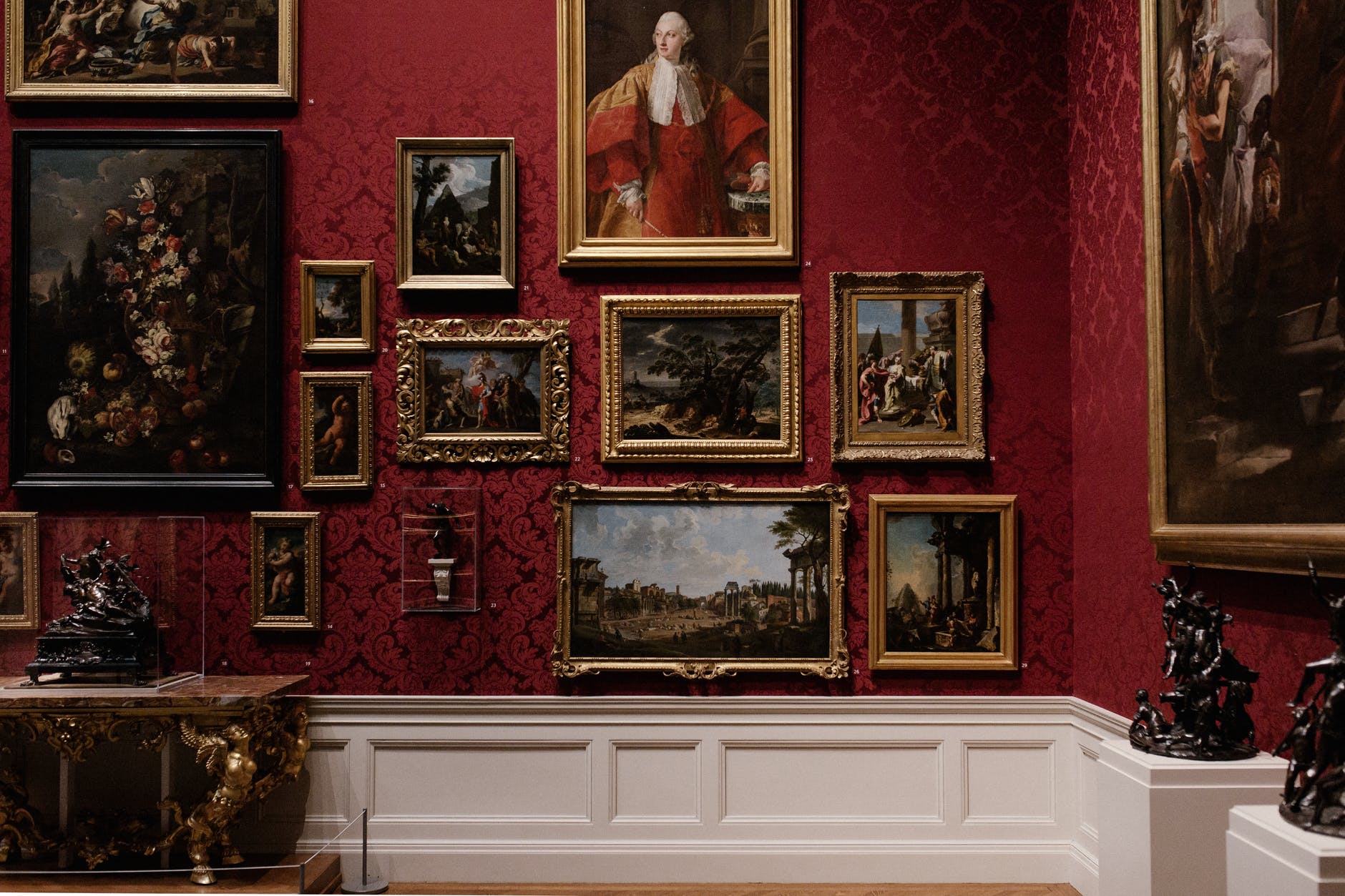In a general sense, art is any human activity that draws on emotions and intellect to create works that have aesthetic characteristics. This can include many different fields; sculpture, painting, dance, poetry, cooking, film, printmaking, theater, comics, photography, and digital art, to name just a few. Art, its disciplines, and even its definition have evolved and continued evolving over the course of human history. Art stands as a reflection of the human experience, and in this article, we will discuss why art is important to society.
Appreciation and participation in art is an innate human trait.
Look at this quote from artist Pablo Picasso:
“Every child is an artist. The problem is how to remain artists when they grow up,”
Pablo Picasso
Think about children who can scribble on a sheet of paper before they can even speak. Art is inherent in our development as children. It is important both for the expansion of skills and knowledge, as well as for implementing learning and experience. Rather than being instructed in art, it seems to be something we normally outgrow over time.
Art has existed since before art even had a name to define it; cave paintings, rhythmic drumming, and dancing, the construction of monolithic monuments. It comes from deep within us as sentient organisms. Before art was taught it was appreciated and experienced. When answering the question, “why is art important to society?” consider that the history of art follows in parallel with the timeline of our civilization.
Art as a tool for change.
Art is closely related to human nature. Different forms of artistic expression correspond to the need or, rather, the fundamental nature of human beings to express themselves. Not only does Art play a critical role in the expression of emotions, but also the transmission of ideas. Art, at its best, makes us reflect on our existence, social problems, or life in general. From this perspective, it becomes a tool that can both educate, and through that education, change a society.
As therapy, art can, and has, brought peace, happiness, love, hope to humanity in times of great darkness. Think of the times you listen to music to cure their sadness, watch theatrical comedies to laugh, watch movies to dream or simply to have fun, learn to know the past, or contemplate artistic works to appreciate their beauty. When we want to reengineer or better appreciate our emotions art is usually the first place we turn.
Art is a tool for change, not only for society as a whole, but for ourselves personally.
Cultural history and why art is important to society.
Art is the reflection of human culture and a fundamental part of human nature. This is why it serves to preserve the cultural heritage of a people and is transmitted from generation to generation. Art Education is still based on artistic works of the past because they have never lost their importance for society. They provide a lens for us to understand the past and contextualize it through the people living at that time.
Uniquely, art can jump linguistic and cultural divides. It is subjective, manifested in a universal language that is understandable to anyone. Art appeals to our senses, emotions, and faculty of thinking, speaks of the past, present and future. It represents our collective cultural memory, hopes, and aspirations and lives in us from childhood.
The history of art is the history of human civilization. Why is art important to society? Because art is how we recorded the past the way we understand the present and how we imagine the future.
